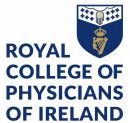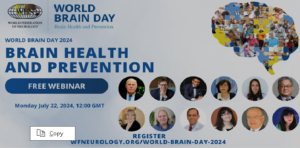RCPI: Certificate in Cancer Genetics

The RCPI’s new Certificate in Cancer Genetics is now open for bookings for a January 2021 start date.
This course is suitable for doctors and others involved in cancer care with an interest in genetics. In particular, it is suitable for doctors and other healthcare professionals working in the areas of medical oncology, radiation oncology, pathology, surgery, obstetrics and gynaecology, paediatrics, and other relevant specialties dealing with the care of patients with cancer. It is also suitable for genetic counsellors, specialist nurses involved in cancer care, clinical scientists and researchers with experience in genetics.
This course offers formal postgraduate training in cancer genetics and genomics and will lead to a RCPI postgraduate qualification. Participants on this programme will gain an enhanced understanding of the impact of germline and somatic genetic variation in development, progress, and treatment of cancer through a programme developed and delivered by recognised experts in the field. Participants will develop competence and confidence in the recognition, counselling, consenting and testing of patients with germline predisposition to cancer, as well as the interpretation and critical analysis of tumour-based genetic testing.
The Certificate in Cancer Genetics will ensure you have the appropriate skillset to champion the mainstreaming of genetic testing in your practice to patients in routine oncology clinics. It will improve your understanding and application of targeted cancer treatment with multi-disciplinary input, informed screening recommendations of higher risk individuals, and provide awareness of limitations and utilities of new genetic technologies to improve patient care.
On completion of this course, you will be able to:
- Explain the molecular mechanisms underlying carcinogenesis
- Discriminate between clinically actionable and non-actionable germline and/or somatic variants
- Recognise signs and symptoms of cancer predisposition syndrome
- Implement improved risk assessments and direct preventative strategies in patients at higher risk
- Discuss technical aspects and limitations of different genetic testing technologies
- Describe the benefit of genetic counselling and testing in patient care
- Outline the medicolegal and ethical implications of genetic testing
This programme will facilitate a stimulating online environment for learning and encourage interdisciplinary partnerships and promote the application of current scientific evidence
Please click here


